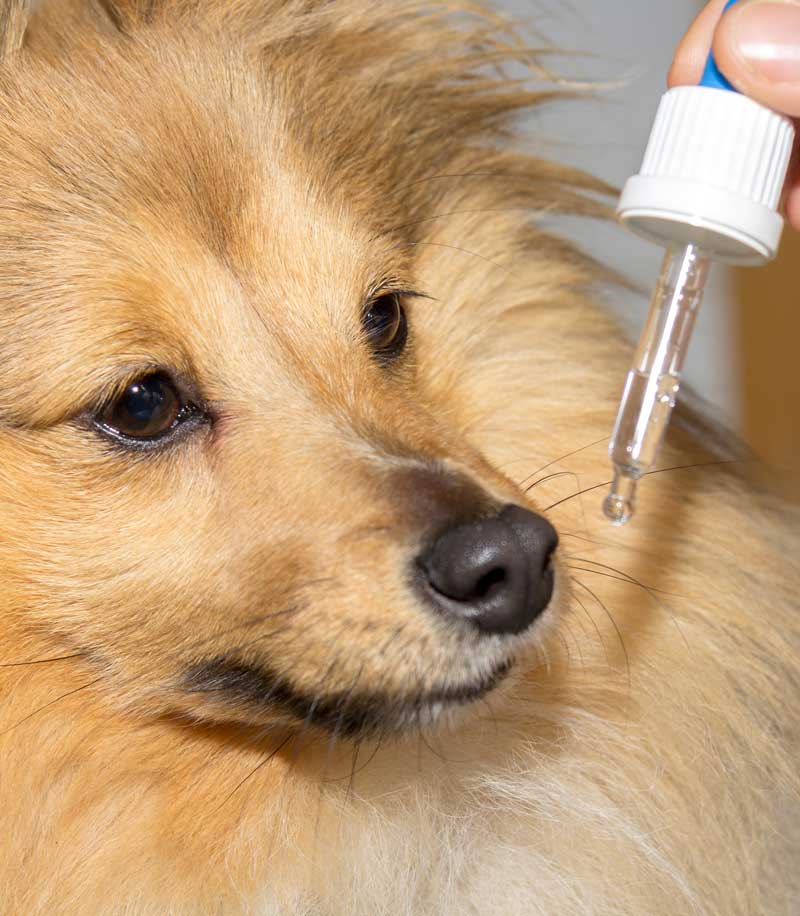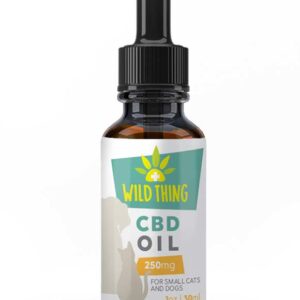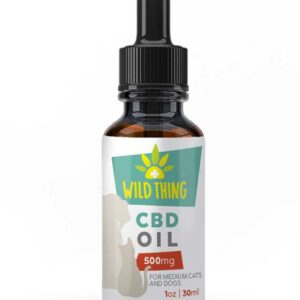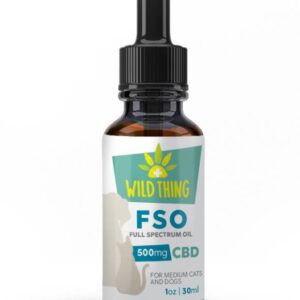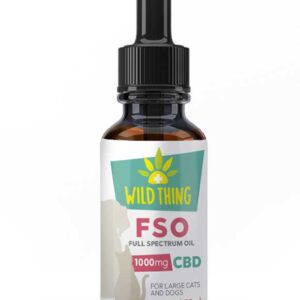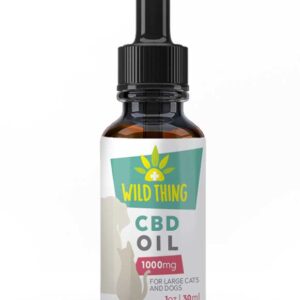Hotspots?! Despite what you might think, these do not refer to Canine Wifi connections. Hotspots are a common skin & coat disorder that afflict sick or older dogs.
If you’re the proud owner of a long-haired, shaggy coat canine then you’re probably also a veteran of hair-covered clothes, furniture and ingest about a pound of fur per day from the air in your home. Long-haired dogs, as well as older dogs with skin & coat issues, can also experience a particularly pesky problem known as “Hotspots”. These pockets of irritated skin and matted fur are caused by over-concentrations of bacteria that naturally reside on your dog’s skin.
Hotspots commonly occur on dog breeds with long, thick and matte-prone hair, in addition to dogs with compromised immune systems and allergy problems. Also, certain infections and instances where bacteria thrive on your dog’s skin (such as dogs that spend much of their time outside) can lead to Hotspot problems in your canine.
Ailment Guides:
Sneezing Reverse Sneezing In Dogs
Travel Anxiety In Dogs
Weight Loss In Dogs
Canine Skin Conditions
Causes Of Canine Hotspots
Also known as Superficial Canine Pyoderma, Hotspots are areas of skin that become irritated and inflamed. The usual cause is moist conditions under thick pockets of hair, which promote bacteria growth and lead to your dog itching and biting the area. This exacerbates the problem, causing infection, puss, bleeding, sores and scabs that increasingly develop bacterial proliferation.
As with many Dermatitis conditions in dogs, there are many causes for Hotspots. Age, breed, genetic disorders and allergies all play a role in Hotspots developing on your dog. The most common culprits of Hotspots are:
- Seasonal weather (moisture, humidity, temperature can impact bacterial growth)
- Allergic reaction (to food, medicine or topical products like shampoo)
- Irritation/injury (from collar, harness or clothing)
- Infections (from insect bites, cuts or scrapes)
- Stress, Nerves or Pain (cause biting, licking, scratching that leads to infected area)
Hotspots are a result of a disproportion of the bacteria Staphylococcus intermedius which can be found throughout your dog’s skin and hair. When an area becomes irritated and inflamed, your dog’s biting/licking/itching of the area causes increased bacterial activity and leads to Hotspots developing.
This can lead to a cyclical problem: irritation makes your bite/lick/scratch the area, which in turn aggravates the problem and in effect causes your dog to continue to focus on the infected area, and so on.
Symptoms Of Hotspots:
Hotspots can appear in many areas of the body, but the most commonly affected areas are the neck, ears, throat, chest, shoulders and abdomen.
The most notable signs and symptoms of Hotspots are:
- Swelling, irritated and inflamed skin
- Matted, damp spots of fur
- Sores, scabs and oozing wounds
- Balding and hair patchiness
- Wincing or aggression when touched
Seasons Change, and So Does Your Dog's Skin
Symptoms associated with Dermatitis often worsen depending on the season. For example, in the Spring there is more pollen and dust in the air than in summer. As a result, your dog will scratch, rub or lick constantly.
Why CBD Can Be An Effective Treatment & Preventative For Hotspots
CBD – or Cannabidiol – can be very effective at treating hotspots or skin & coat conditions.
Cannabidiol (CBD) can be very beneficial for maintaining your dog’s immune system, cardiovascular system and overall vitality. CBD helps to lessen the effects of lethargy, gastrointestinal issues and reduces anxiety, aggression and stress-related disorders.
Think of CBD as a supplement that can reduce the severity and frequency of most – if not all – of your dog’s symptoms of dermatitis. It can be ingested, under the tongue, or applied topically to the affected areas. One of the most beneficial components of CBD is that it does not irritate the skin or cause any hallucinogenic effects. When introduced topically, CBD can soothe irritation, inflammation and reduce pain associated with dermatitis.
Cannabidiol is a phytocannabinoid that has been shown to have a prominent effect on numerous ailments – including epilepsy, arthritis and cancer. Remedies containing CBD achieve this by interacting with your dog’s endocannabinoid system. Almost all animals, like people, have an endocannabinoid system; this network of neurotransmitters is integral to physiological processes like memory, mood, pain, stress and appetite.
This complex biosystem is very prevalent in dogs in comparison to other species. Canines have a high concentration of CB1 & CB2 receptors in their brainstem. CB1 receptors affect the brain, lungs, vascular system and muscles, gastrointestinal function; whereas, CB2 receptors are linked to bones, skin spleen and glial cells. In combination, CB1-CB2 collaborate in influencing the overall immune system, liver, kidneys, bone marrow, pancreas and brainstem.
CBD can help your dog by producing anti-inflammatory, anti-anxiety, antipsychotic, antispasmodic and analgesic effects indirectly – that is, CBD interacts with your dog’s ECS (Endocannabinoid System) opposite to THC which directly binds to the Cannabinoid Receptors of the body. This does two things: makes the positive remedial properties more bioavailable to your dog; and lessens or negates the psychoactive effects, such as those associated with THC ingestion.
As you can see by the scope of ailments that are affected by CBD, it is clear how introducing CBD into your dog’s routine can benefit their skin health.
Ailment Guides:
How To Calm Hyperactivity In Dogs
Heart Disease In Dogs
Hip Dysplasia In Dogs



